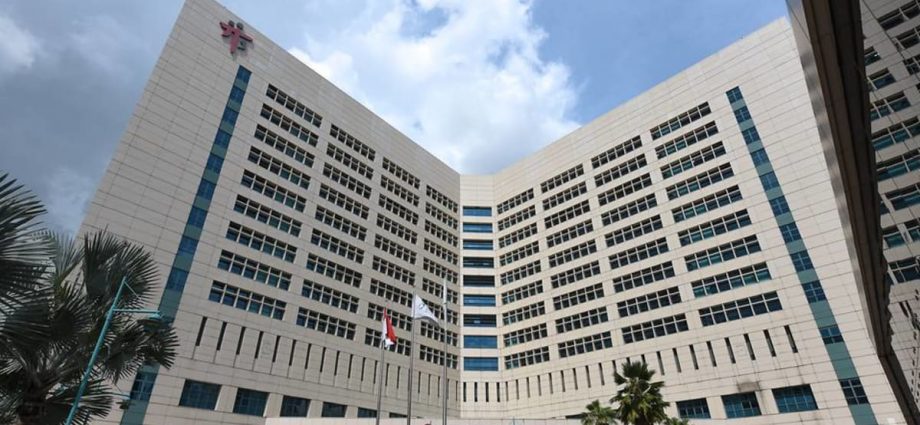
SINGAPORE: The current increase in COVID-19 cases in Singapore is not causing a strain on healthcare capacity, said the Ministry of Health (MOH) on Monday (Mar 27) in response to CNA’s queries.
New infection waves are expected to occur periodically and MOH said it will continue to closely monitor the local situation and any emergence of new variants.
“More importantly, we also monitor the severity and potential impact on our healthcare system,” it added.
Singapore has seen a rise in the number of weekly COVID-19 infections, with the number of cases per week exceeding 10,000 in the two weeks leading up to Mar 18.
This is more than double that for the preceding two weeks, which recorded below 4,500 cases per week.
The number of COVID-19 infections is estimated based on the National ARI (Acute Respiratory Infection) Surveillance Programme, according to the MOH website.
The National ARI Surveillance Programme includes the average daily number of ARI attendances at polyclinics. The average daily number of patients seeking ARI treatment in the polyclinics was recorded at 2,592 for the week of Mar 12 to Mar 18, and 2,823 the week before.
Health Minister Ong Ye Kung also spoke about the increase in COVID-19 infections, in response to a comment made on his Instagram post.
“Important thing is (the) severity of symptoms. Today, (the) number of COVID-19-related hospitalisations is very low, and far lower than non-COVID-19-related infections. So we can treat COVID-19 as an endemic disease,” he said.
“But we will continue to monitor closely to make sure we stay on the right track.”
MOH also said that as of Mar 26, 2023, no cases of XBB.1.16 have been detected in Singapore.
XBB.1.16 is the emerging, predominant Omicron subvariant that has been reported in India.
“There is also currently no evidence internationally that XBB.1.16 exhibits greater transmissibility or severity than previously identified subvariants,” the ministry said.
“The predominant circulating COVID-19 subvariants currently detected in Singapore are XBB, and its sub-lineages XBB.1.5 and XBB.1.9 that were first detected locally in late-December 2022 and mid-January 2023 respectively.”

